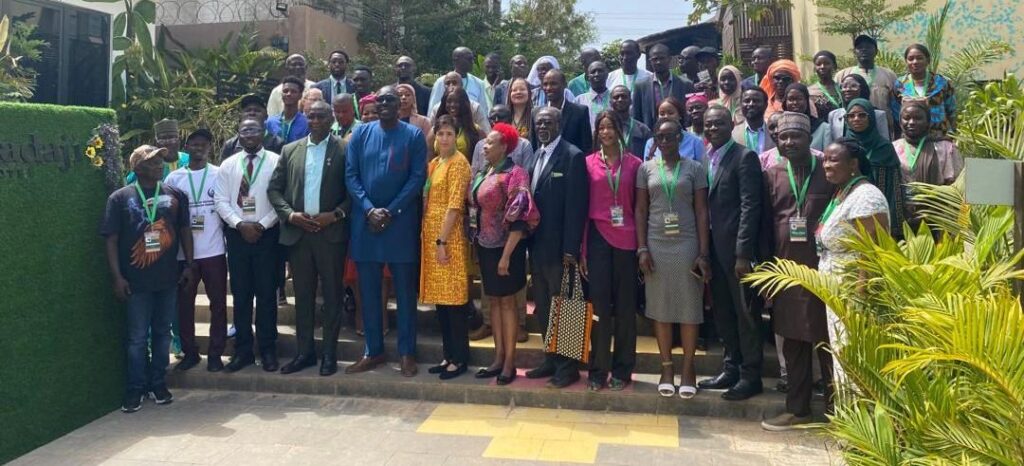The inaugural West Africa Ecotourism Network (WAEN) Annual Summit is currently underway in The Gambia. The event is organized by the West Africa Tourism Organization (WATO) in partnership with the World Bank and hosted at the Bakadaji Hotel in Banjul.
The two-day hybrid summit aims to foster collaboration among stakeholders, provide Ecotourism 101 Masterclasses, share insights from the World Bank’s PROBLUE tourism project, and create market connections for local products and services.
WAEN President Ola Wright emphasised the summit’s objectives in her opening address, setting the stage for a transformative discourse. Wright said, “WAEN’s annual Ecotourism Event is the first of its series. May today be filled with enlightening conversations, meaningful connections, and a renewed commitment to preserving the wonders of our world.
“Throughout this event, we will have the opportunity to learn from each other, share insights and best practices, and forge partnerships that will further advance the cause of ecotourism. Together, we can inspire others to embrace a more sustainable approach to travel and to experience the world in a way that leaves a positive impact on both people and the planet.”
Louise Twinning, a World Bank representative, elaborated on the importance of ecotourism and the need for all to be on board to facilitate change. During her presentation, Louise Twinning underscored the critical role of ecotourism in driving sustainable development across the West African region.
“Eco-tourism is such an important part of this region and a huge economic growth opportunity, providing jobs for youth and women and creating those jobs in a way that can benefit the culture, the environment, and conserve nature. If we compare the Eco-Tourism here with other regions, something is missing, the numbers are missing. Many of you here have wonderful tourism products to sell and wonderful cultural products, but the region’s protected areas barely get 6000 visits a year. It is not just the product that is missing, but it is the connection and organization.” She explained.
She further stressed the vital role of partnerships in advancing ecotourism. Her insights underscored the importance of practical steps to ensure that ecotourism initiatives resonate authentically with both visitors and locals. She said,
“One way to breach this gap is by exchanging ideas and know-how between tourism operators. How to implement sustainability practices so that when people come here expecting Ecotourism, they see Ecotourism. How to conduct tourism in such a way that it supports the community and the environment so that it is not just window dressing but real eco-tourism that changes minds.”
Gambia’s Minister of Tourism, Abdoulie Jobe also added a strong voice to the agenda of the summit, echoing sentiments shared by global stakeholders, reinforcing the need to prioritize ecotourism initiatives for the region’s socio-economic advancement.
“The world’s objective is to ensure a people-centered, environmentally-friendly tourism that meets the needs of special interest holders and independent travelers. Therefore, this West African Ecotourism Network Summit is very apt, and timely, and will help teams unite neatly to develop policy objectives to develop ecotourism and de-conflict over-reliance on a package of beach-based tourism.
“Ecotourism has the potential to properly plan and execute a middle development aspiration for tourism, and at the same time, enable our communities to reap the benefits of tourism. Given that, according to the UN Tourism, developed nations such as the United States is focused on investment in infrastructure and internet marketing. Therefore, we have an understanding of this emerging and promising niche. We continue to draft innovative means of diversity management and product links that make our destination more exciting, but above all, more beneficial for the host and destination,” he elucidated.
Wrapping up the event, WAEN President Ola Wright issued a passionate call to action, urging participants to become catalysts for change in their respective communities and beyond.
“I encourage every one of you to embrace the opportunity to not only deepen your understanding of ecotourism but also to become ambassadors of change in your own communities. Together, we can pave the way for a future where travel not only enriches our lives but also protects the precious ecosystems that make our planet so extraordinary.”







